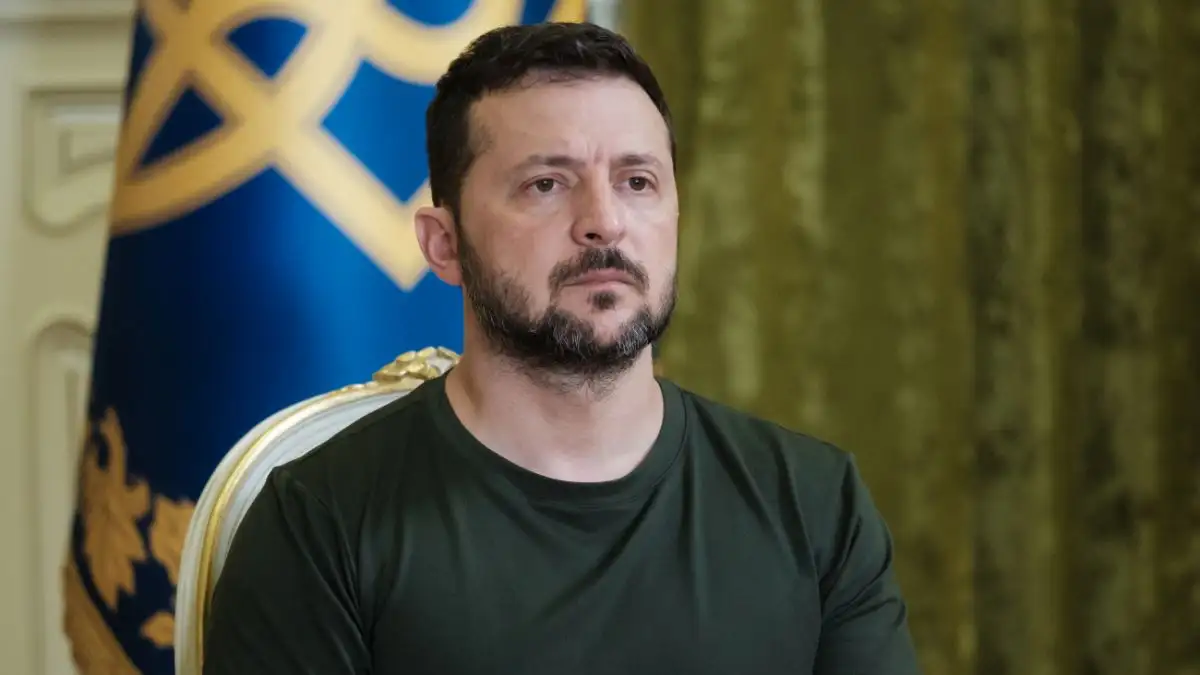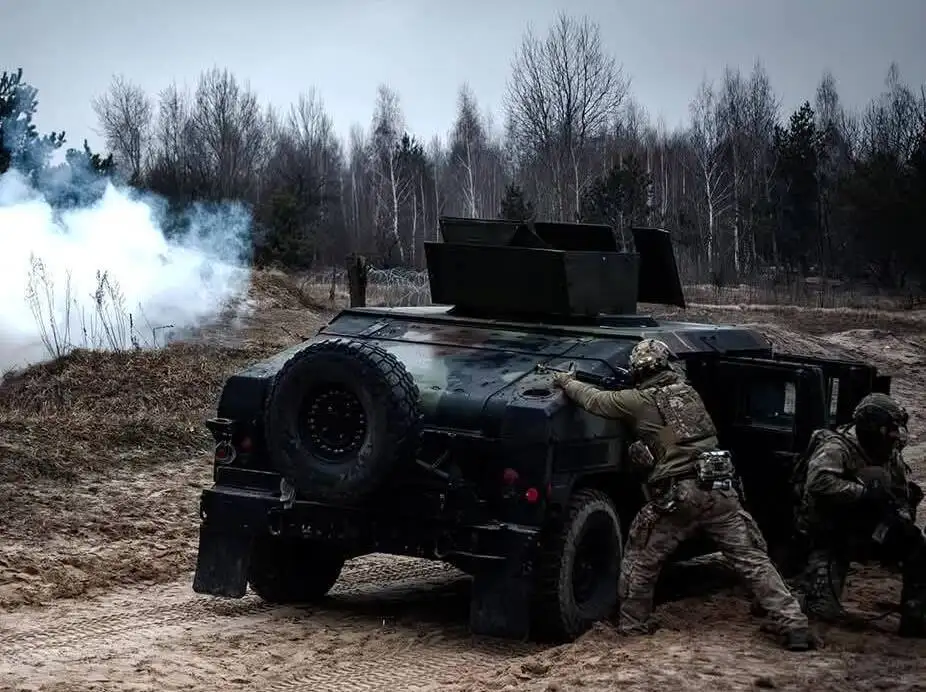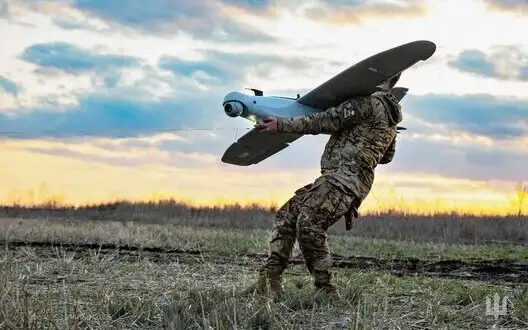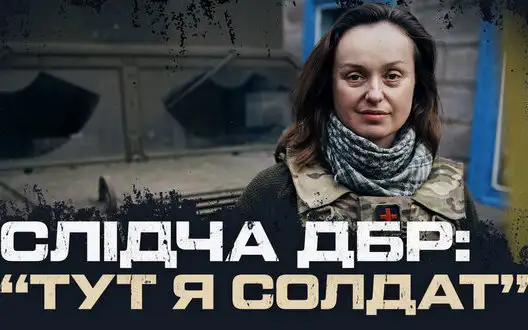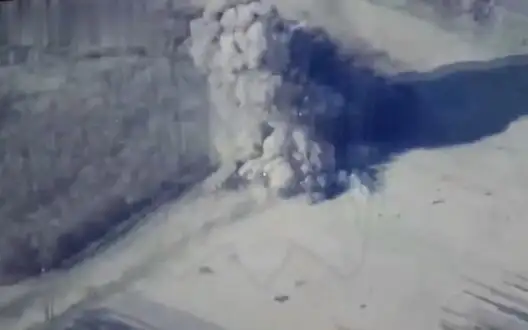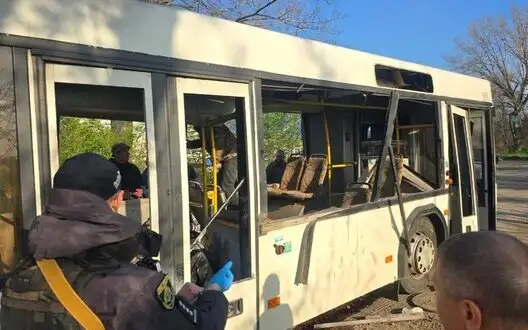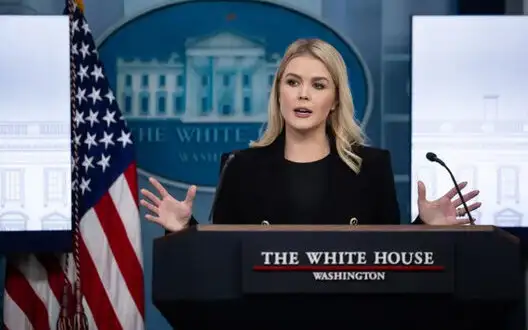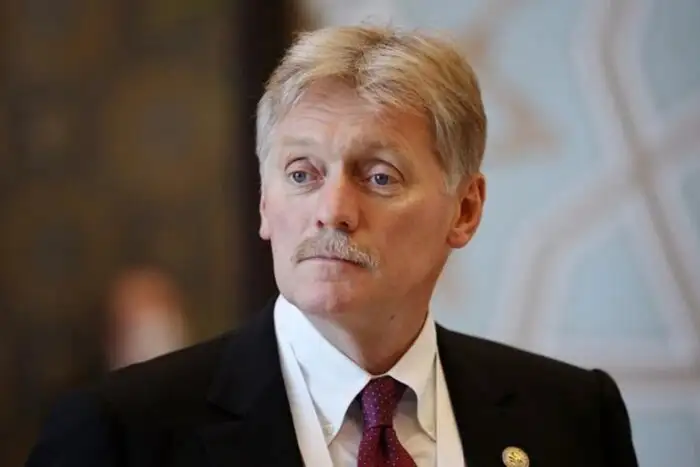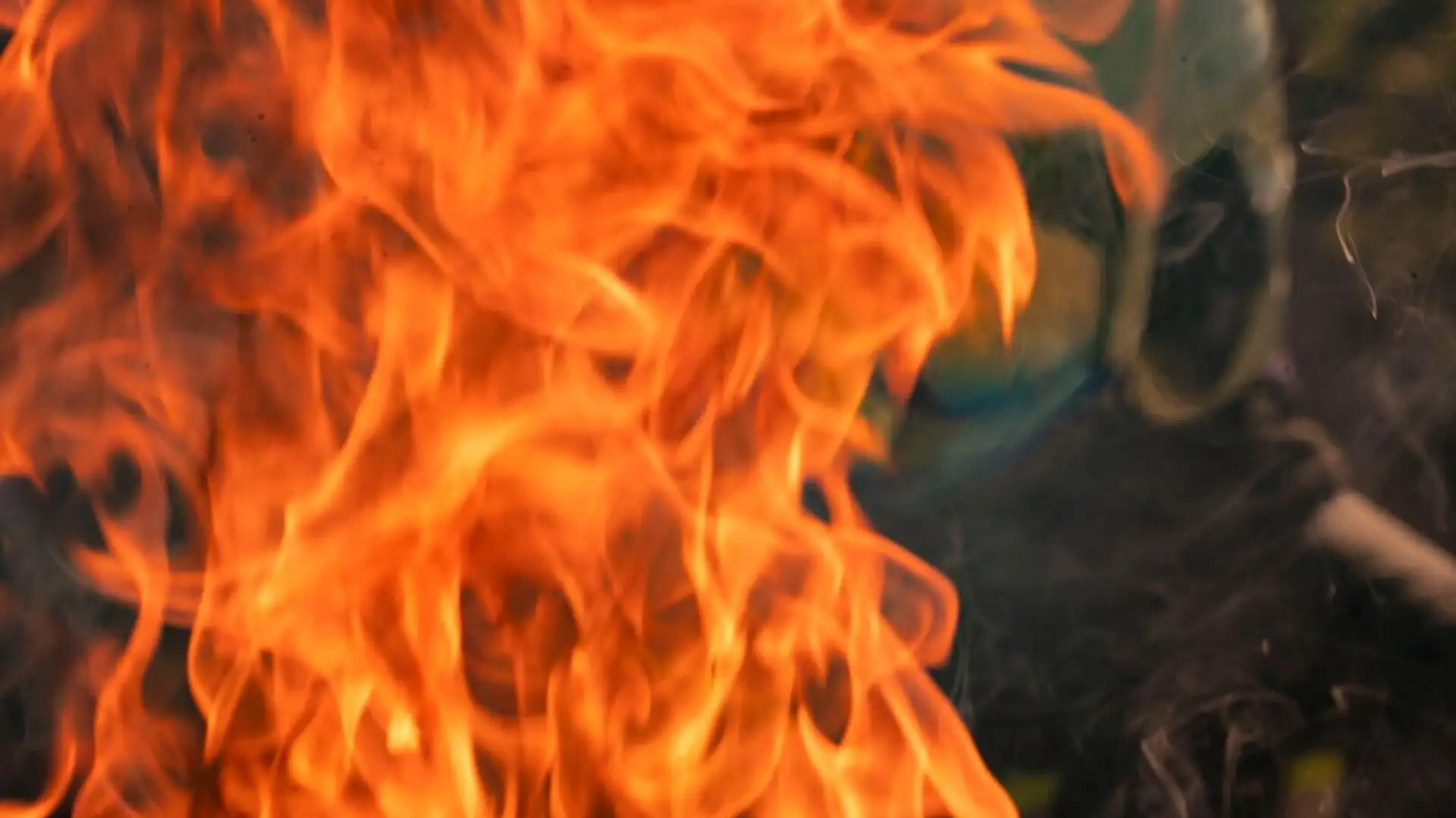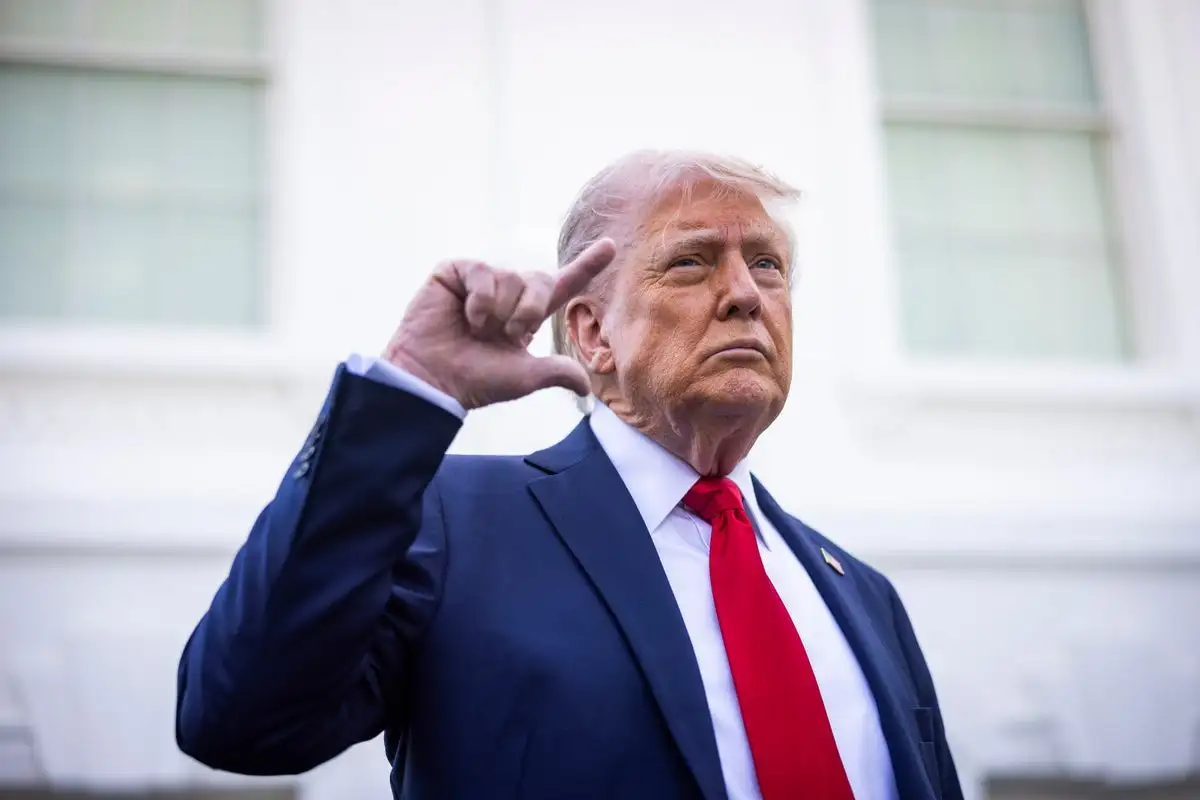ISW: Kremlin prepares Russians for possible protracted conflict with NATO
www.pravda.com.ua
Mon, 21 Apr 2025 03:12:48 +0300
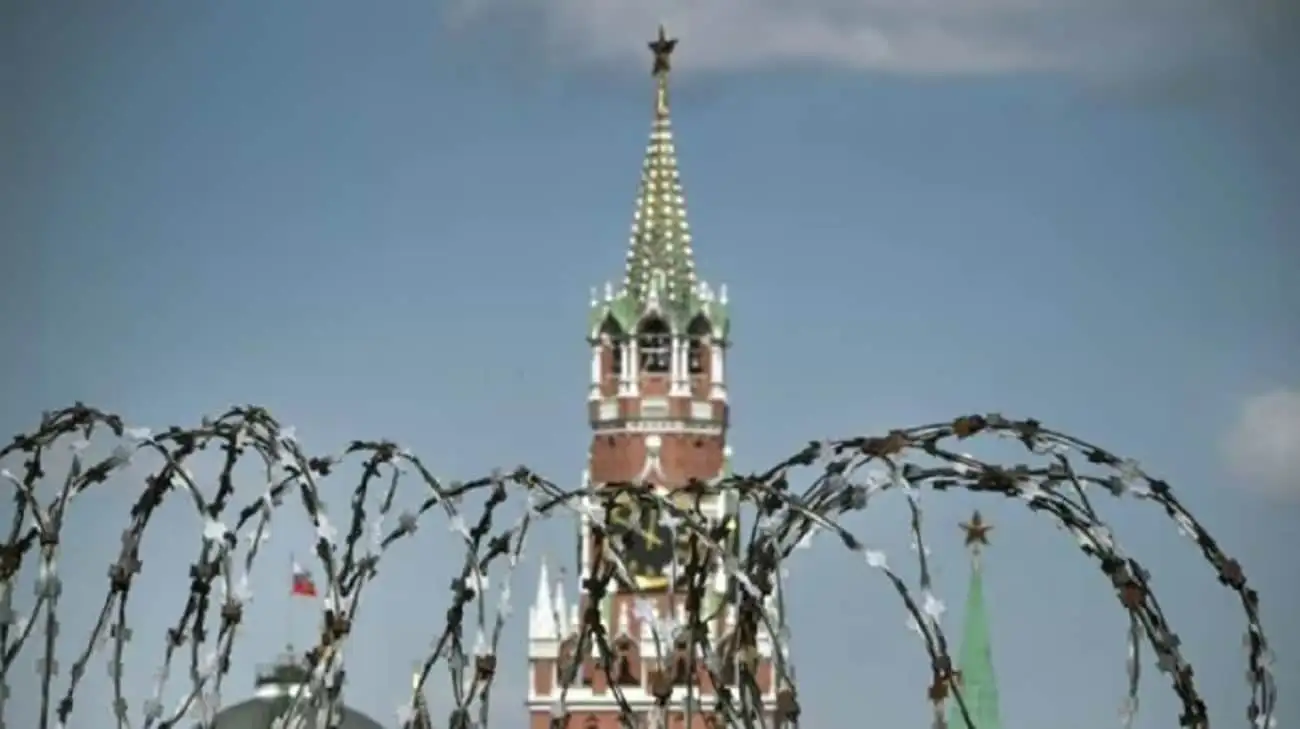
The Russian authorities are militarising Russian society to justify the fullscale invasion of Ukraine and possibly preparing it for a possible future protracted conflict with NATO.
Source Institute for the Study of War ISW Quote The Kremlin continues to repurpose narratives that Russian officials have repeatedly used to justify Russias invasions of Ukraine in an effort to further militarise Russian society in the long term, likely in preparation for a potential future protracted conflict with NATO.
Details On 20 April, proKremlin journalist Pavel Zarubin asked Russian Foreign Minister Sergei Lavrov about the EUs recommendation to European leaders to refrain from participating in the 9 May Russian parade in Moscow.
Lavrov accused the EU of fomenting socalled neoNazi ideology in Europe and said that Russia will make every effort to ensure that this ideology does not raise its head and destroy Nazism once and for all.
Analysts note that Lavrovs statements are part of the Kremlins longstanding attempts to invoke the former Soviet Unions contribution to the victory over Nazi Germany and broader myths about the socalled Great Patriotic War as Russia calls the phase of World War II when the Soviet Union was at war with Nazi Germany, from 1941 to 1945 ed.
and to vilify Europe and NATO.
ISW analysts believe that these efforts are aimed at exacerbating negative sentiments among the Russian population and attracting support for the militarisation of Russian society in the long term.
The assessment adds that Russian ruler Vladimir Putin and other senior Kremlin officials regularly use the vague term denazification to call for regime change in Ukraine and the establishment of a proRussian puppet government.
And Putin used the claim that Nazis were supposedly controlling the Ukrainian government to justify a fullscale invasion of Ukraine in February 2022.
Quote The Kremlin is increasingly employing the same playbook that it used against Ukraine towards Finland and former Soviet states, including Estonia and Moldova, to justify its attempts to control independent countries and set informational conditions for possible future Russian aggression.
To quote the ISWs Key Takeaways on 20 April The snap Russianproposed Easter truce underscores the necessity that the text of any ceasefire or peace agreement be publicly available, formally agreed to in advance by all parties, and include robust monitoring mechanisms.
Zelenskyy reported that Russian forces did not conduct longrange strikes against Ukraine on the night of 1920 April and during the day on 20 April and proposed a temporary moratorium on longrange strikes against civilian infrastructure.
Ukrainian officials continue to highlight Russias systematic persecution of religious communities throughout occupied Ukraine, including against Christians.
The Kremlin continues to repurpose narratives that Russian officials have repeatedly used to justify Russias invasion of Ukraine in an effort to further militarise Russian society in the long term, likely in preparation for a potential future protracted conflict with NATO.
Russian forces recently advanced in Kursk Oblast and near Toretsk before the start of the Easter truce.
Support Ukrainska Pravda on Patreon


